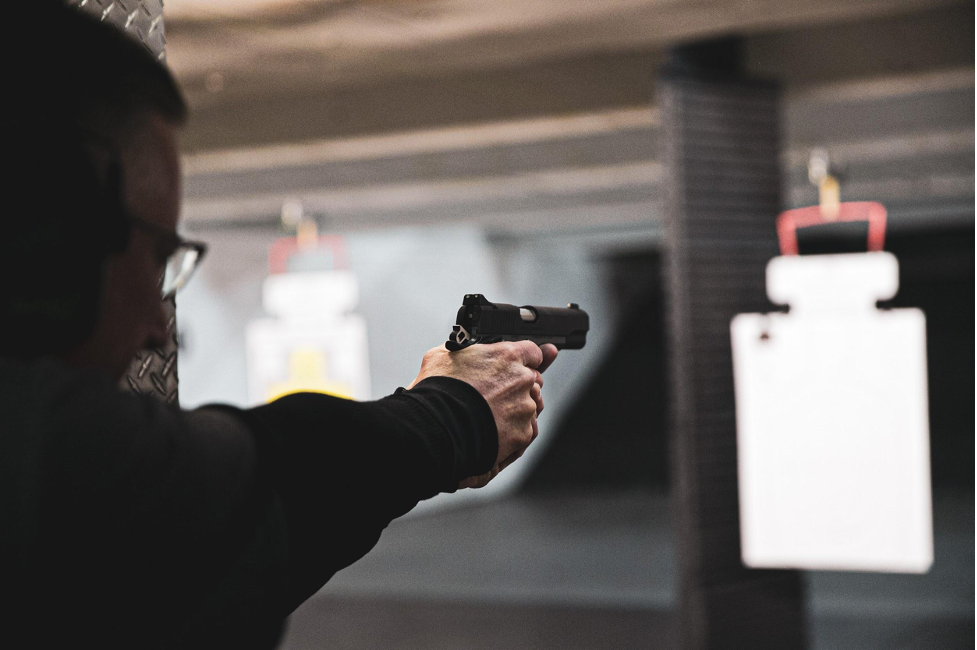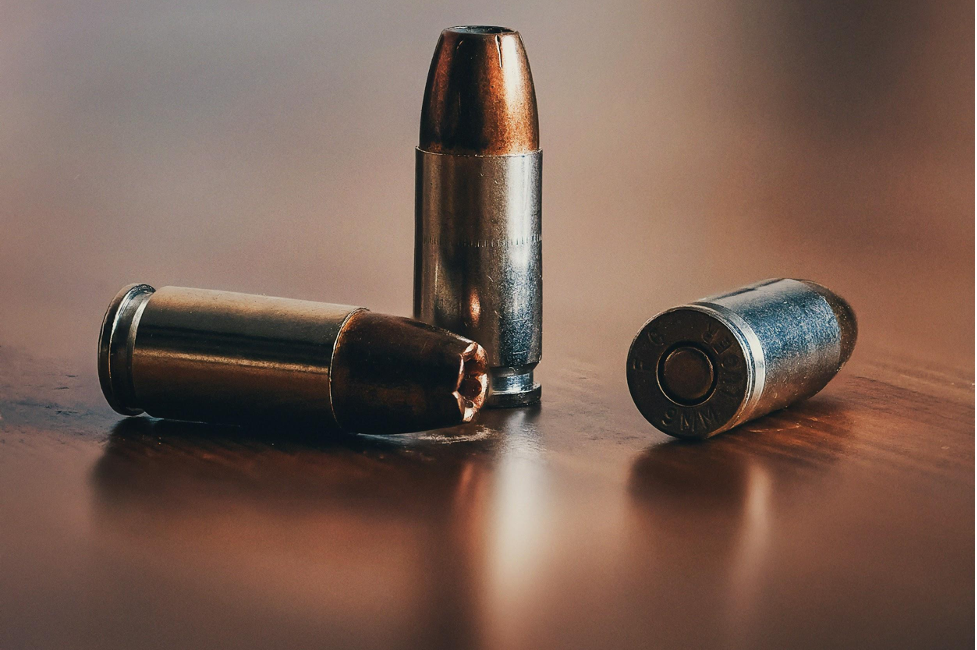Handguns are among the most popular home defense weapons today, and that’s no surprise. They’re quite easy to use—at least, that’s what the media wants us to think.
Guns are meant to be shot. So if you’re purchasing a firearm, you should know that someday you might have to use it as intended.
A handgun can be quite handy for home defense purposes, but not all firearms are suitable for you. Some guns are better suited for combat, while others are designed for nonlethal functions.
But one fact remains, if you point any handgun at the right spot and pull the trigger, it will likely stop its subject if the following conditions are in place.
#-1 Radius and Depth

If a shot is fired within the specified radius and depth of a gun, there’s a great chance of making a lethal penetration. And that’s why you must know the depth and radius of a firearm. In addition, you must know your house measurement and its walls density in case you have to use it in your home.
Handguns with extreme stop power are dangerous. They can tear through a human target and penetrate nearby walls when fired within tight spaces. A typical case of stray bullets often results from powerful handguns used within the home.
#2- Bullet Weight

Many shooters have no idea how heavy or thick their bullets are. While it’s okay that you’re not a bullet expert, it’s a good thing to know the physics behind the power of your bullets.
Your bullet’s weight has a tremendous impact when it comes to speed and accuracy. That’s why every bullet comes with its weight information.
So here’s the trick. Your gun is designed to shoot a particular cartridge type, but its bullet’s weight is not predefined. That is, depending on the impact you intend to make with a shot, you can manipulate it with your bullet’s weight.
Generally, heavier bullets are more powerful and impact shooting accuracy. But lighter bullets are faster, susceptible to the wind, and hit with less energy.
However, if you’re shooting within a very short distance, you’d hit your target and achieve the desired penetration irrespective of your bullet weight.
There’s, of course, more to a gun than its trigger. And we’ll be glad to help understand the factors that make up the mechanism of your weapon.
If you want to learn more about home defense, weaponry, and more, join our team at Fifty50 Official, and let’s help you get started.

Recent Comments